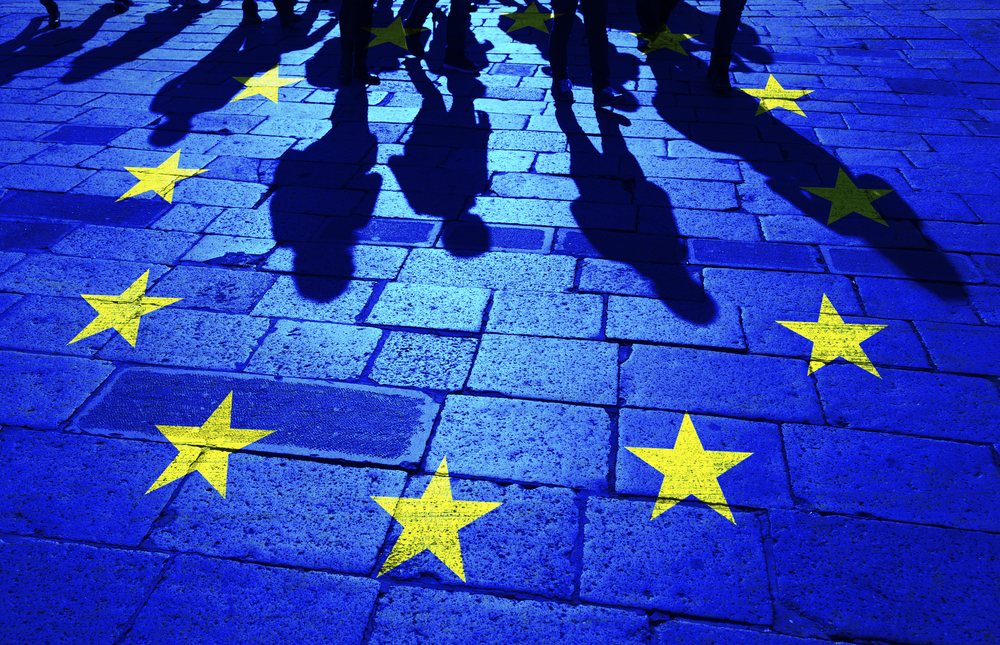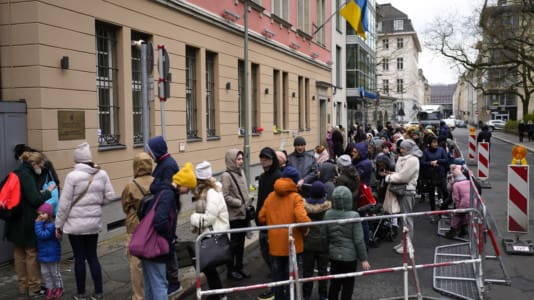Almost one in four EU citizens consider immigration to be one of the two most pressing concerns currently facing the bloc, the biannual Standard Eurobarometer survey conducted by the European Commission has found.
Some 24 percent of respondents placed the issue of immigration in their top two concerns, meaning a quarter of Europeans consider the matter to be more pressing than either the ongoing cost of living crisis or the international situation regarding Ukraine.
More respondents are concerned about immigration than they are about the environment and climate change (22 percent), the economic situation (17 percent), and the supply of energy (16 percent).
The number of respondents worried about mass immigration into the bloc has increased by seven percentage points since the last Commission survey conducted in January this year.
The survey was published at a time when the European Union’s population increased from 446.7 million to 448.4 million last year, as revealed in data published by Eurostat on Wednesday.
A negative natural change — meaning there were more deaths than births registered in the bloc last year — was outnumbered by positive net migration as the latest migrant crisis continued to inflate Europe’s population.
Other take-homes from the Commission’s survey revealed that less than half of respondents were happy to express their trust in the European Union as a whole. Just 47 percent of EU citizens said they trust the bloc; this is down two percentage points over last year but still up considerably from similar surveys conducted throughout the last decade when this figure was at a record low of 31 percent in 2014.
Despite this, the Commission-funded poll stated that 63 percent of EU citizens remain optimistic about the future of the bloc, while 34 percent said they are pessimistic.
With respect to the trust afforded to the bloc by respondents in candidate countries, the result is mixed. Of these nations, Albanians trust the European Union the most at 77 percent, followed by Bosnia and Herzegovina and Montenegro, with majorities of 57 percent and 54 percent, respectively.
Meanwhile, only minorities in North Macedonia (48 percent), Moldova (44 percent), and Turkey (41 percent) expressed their faith in EU institutions, and in Serbia, less than a third (32 percent) of respondents had trust in Brussels.






